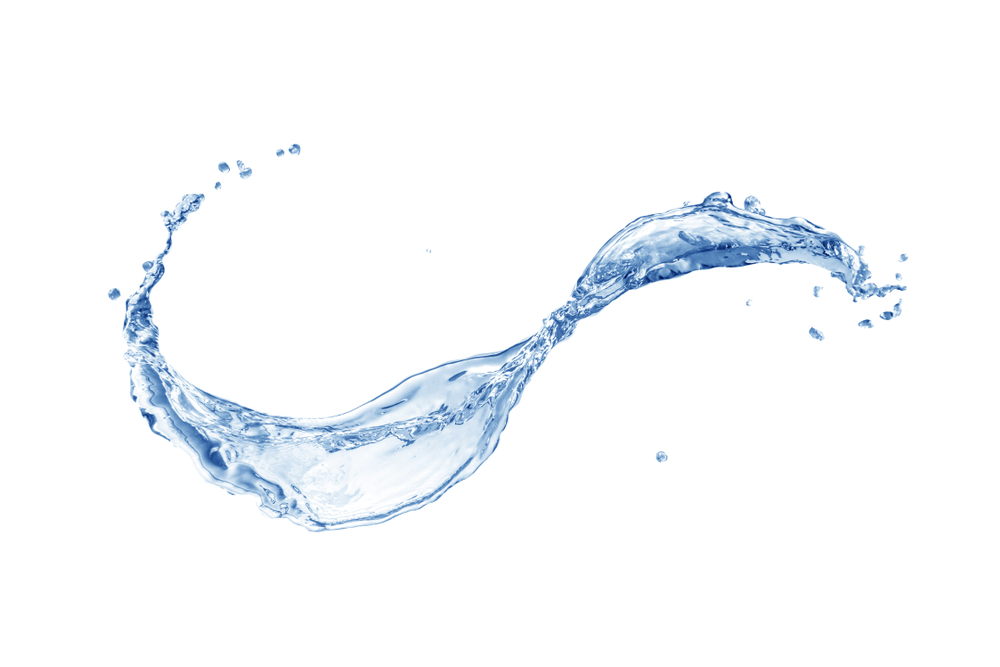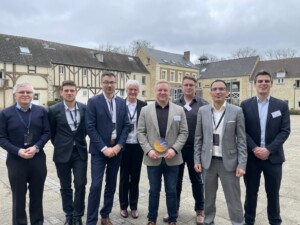On its path to green mobility, Europe is witnessing an unprecedented industrial revival with 38 EV battery gigafactories planned to open by 2030 in the EU and the UK. An EIT RawMaterials project CREDIT has developed a novel recycling process from the resulting sodium sulphate waste streams produced from the gigafactories, which can be potentially deployed at 250 mines across Europe.
As the need for battery chemicals for energy storage and electric vehicles is rapidly increasing, sodium sulphate waste in mines and mineral processes will grow considerably. Gigafactories typically use substantial amounts of nickel and cobalt sulphates in the production of lithium-ion batteries. Approximately 2.6 kilotons of sodium sulphate are generated for each GWh of battery capacity produced.
The CREDIT project consortium has developed a new economically feasible bipolar electrodialysis (BPED) technology for recycling sodium sulphate waste streams in hydrometallurgical processes. The new technology converts it to sodium hydroxide and sulphuric acid.
The CREDIT project demonstrates a very effective way of not only treating the waste effluents from the battery chemical factories but also regenerating it to be used again and again in the production of new chemicals. It is a perfect concept combining circular economy and sustainable mobility, reducing the environmental risks related to the transition into a net-zero emission Europe. Now that the project is finalised, SUEZ and Adven are in the position of commercialising the treatment facilities thus consolidating their leadership in sustainable battery chemical technologies globally.
Olli Salmi, Innovation Hub Baltic Sea Director at EIT RawMaterials
Tightened regulations for the release of sodium sulphate to the environment, its low value along with high processing costs and savings in chemical costs are the key issues for recycling. By 2030, the European cell capacity outlook is expected to exceed 600 GWh/a. To meet the local demand, the European battery chemical and material market is also rapidly evolving.
To address this, the CREDIT project has developed a new economically feasible bipolar membrane-based technology (BFED) concept for acid and base production, which reduces environmental discharge. Compared to conventional evaporation and crystallisation processes, BPED enables for the efficient recycling of process chemicals.
VTT is well placed to develop innovative technological solutions to support a sustainable battery value chain, especially in up-scaling projects like this, where we develop projects with a range of low to high TRL (Technology Readiness Level).
Pauliina Tukianien, Operations Support Manager at Technical Research Centre of Finland Ltd. VTT
Social licence to operate (SLO) – compatible solutions for the mobility sector
Discharge is fast becoming one of the key questions for obtaining the legislative and social licence to operate (SLO) within industrial operations. The bottleneck in solving this challenge is that the current methods (e.g., evaporation, lime precipitation, discharge) are not feasible either from an economic, technological or environmental point of view.
EU project CREDIT has developed a new effective way of not only treating the waste effluents from the battery chemical factories but also bringing them back in the loop to produce new chemicals.
Even though sodium sulphate is not classified as a harmful chemical, its disposal to bodies of water should be controlled to avoid layering of water masses.
Novel technology concepts for advancing circular economy solutions are required to advance the responsibility of European mining, metals, and battery material production. All this is contributing to our social license to operate as it is now regarded as a requirement for current operations and especially for new investments.
Jani Kiuru, Chief Technology Officer at the Finnish Minerals Group
We are always excited to see our technologies making a strong contribution to the circular economy. The CREDIT project is a great example of reducing carbon footprint by treating and recycling facility waste effluents into valuable feedstocks.
Chris Jeffery, Senior Vice President: Europe, Middle East & Africa at SUEZ – Water Technologies & Solutions
I think the results from the CREDIT project are a revolutionary innovation. We are already seeing great demand for this solution.
Leo Toivonen, Sales Project Developer at Adven Group





